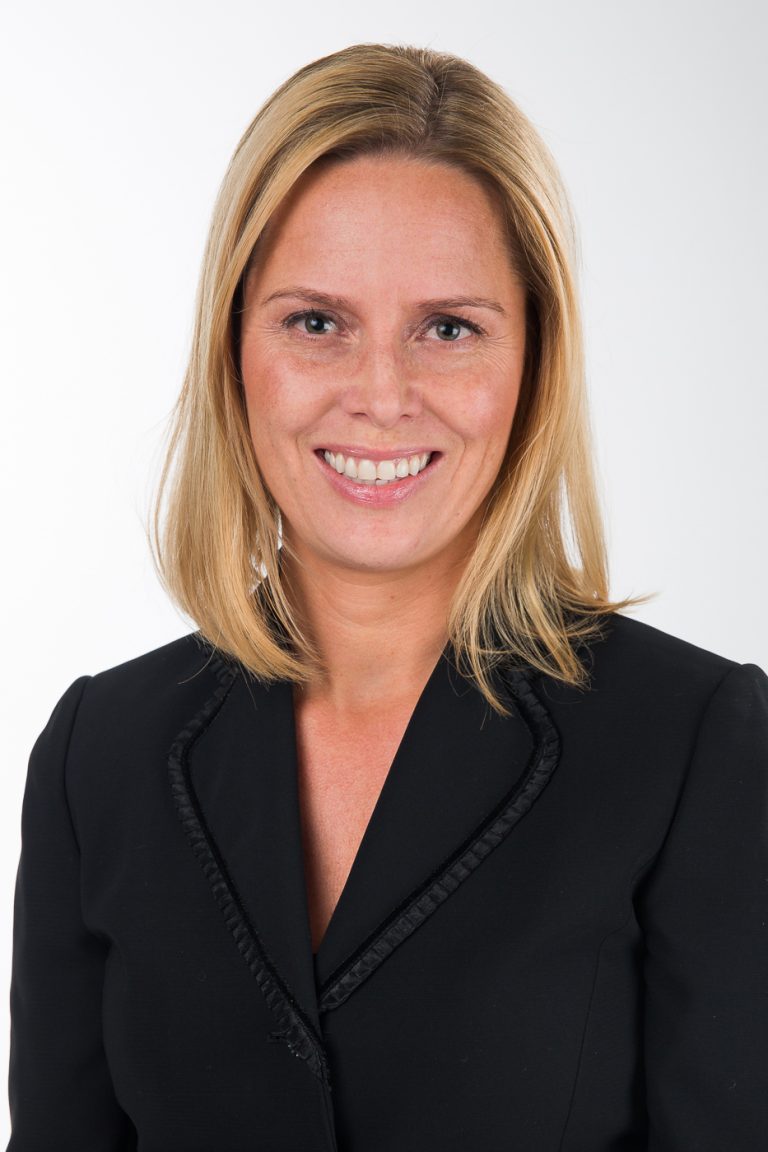THREE QUESTIONS WITH
Annabell
Siem Mathiesen
CEO, Mercer Norge

COVID-19 has had a pronounced effect on businesses, regardless of industry, around the world. Each industry, however, has been met with unique challenges in relation to the pandemic – how has COVID-19 shaped the direct contribution (DC) landscape, particularly in regard to Egen pensjonskonto?
Pensions in Norway have been in a state of change for some time and the pandemic has further accelerated the potential impact of the changes. Going back almost ten years, the state pension reform put companies and employees in the private sector on a journey that completely changed the pension landscape. Today, more than 9 out of 10 employees in the private sector have a DC pension scheme where pensions can be directly affected by changes in the stock market.
Due to COVID-19 and its impact on the economy, financial security has been front of mind for employees and employers. Historically Norwegians have placed a lot of trust in the government and their employer to provide a sustainable pension but with the increased volatility in the market and the introduction of the Egen pensjonskonto / Own pension account in 2021, employees will need to take far greater personal responsibility over their pension and managing savings or face long-term financial risks. With the new regulations, individual employees can now choose a different manager for their pension portfolio than the one chosen by their employer. Depending on their situation, multiple options may lead to better or worse returns down the road so access to financial education and independent advice will be critical.
Companies therefore now also have a responsibility to regularly review their DC plan design, maintain a robust governance framework and keep their employees informed on the realities of their pension, empowering them to select options based on sound investment advice. Mercer has been partnering with employers and their employees to establish sustainable DC governance and communication of benefits to safeguard their futures in these volatile times.
Mercer’s transformational investment report, done in collaboration with the Børge Brende-led World Economic Forum (WEF), identifies six global systemic risks – climate change, water security, geopolitical stability, technological shifts, demographic shifts, and low and negative real long-term interest rates. How will these risks affect Norwegian long-term investors in the coming decade?
The study is significant because it puts forth a practical framework for converting systemic risks into sustainable returns. ESG (Environmental Social and Governance criteria) and Responsible Investment is not just about doing good for society. By not taking responsibility, investors could be exposing themselves to greater risk, which could hurt them. It’s not enough to only exclude certain companies or industries from your investments. Transformational investment is about having a framework to monitor risks, identify opportunities and take an active role in shaping the future of business through investment choices.
There has been progress locally, for example, Norges Bank Investment Management (NBIM, Norway’s oil fund and government pension fund) is taking steps to analyze water risk. This could mean divesting from heavy industries, which are not mitigating the risk of water shortages. In many cases, investors need to move from being passive owners to active stakeholders. The risks also represent potential opportunities for investors and the study identifies a global investment gap of 6.27 trillion dollars.

Describe your dream vacation in the US. Where would you go and why?
I love a good American Pinot Noir so I can picture myself touring the wine districts of Oregon or California, driving a classic red Mustang convertible with the top down.
Functional Always active
Preferences
Statistics
Marketing
tel.: +47 22 41 50 10 | amcham@amcham.no | Sitemap | Privacy Policy | Designed by Flagship
AmCham © 2024
